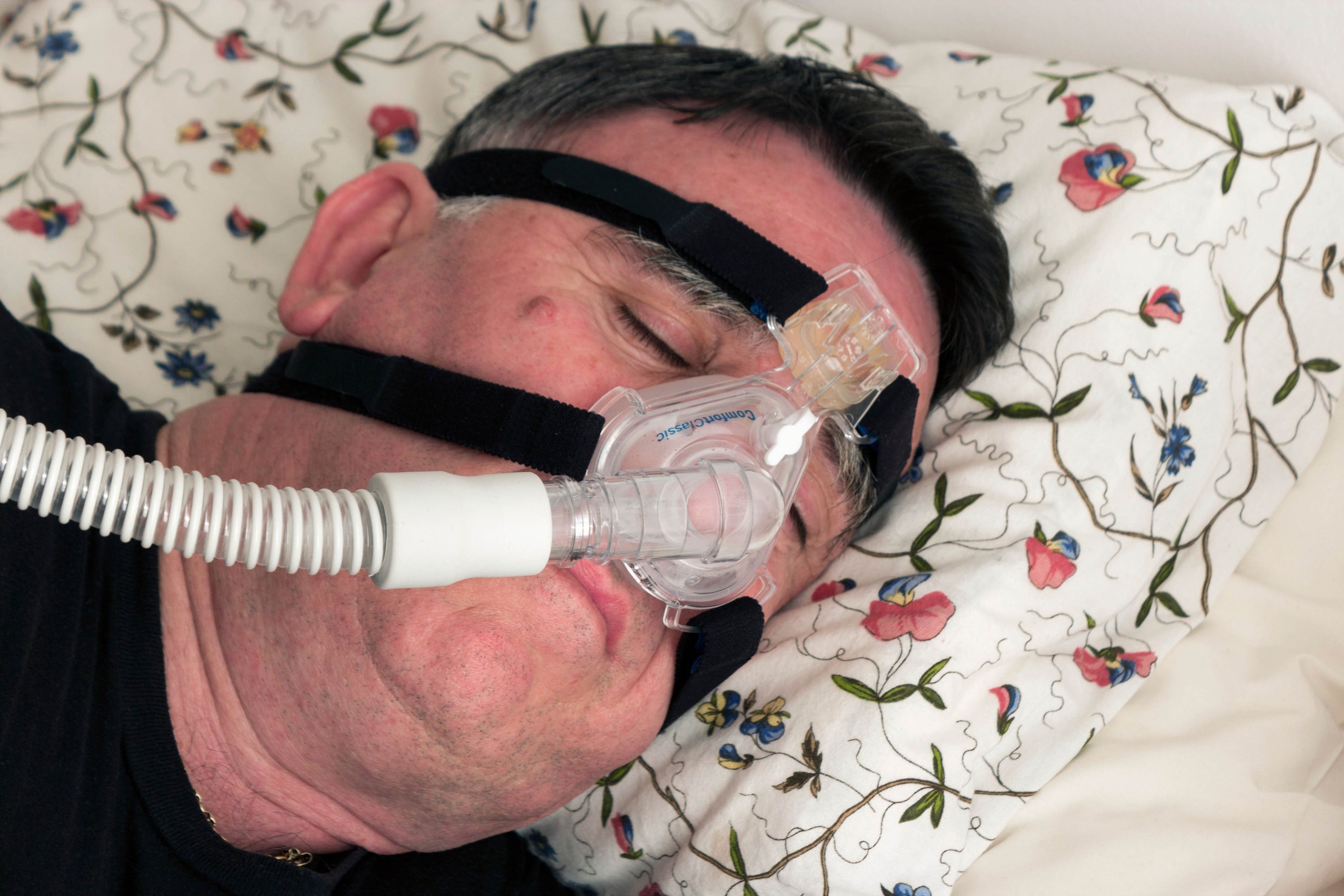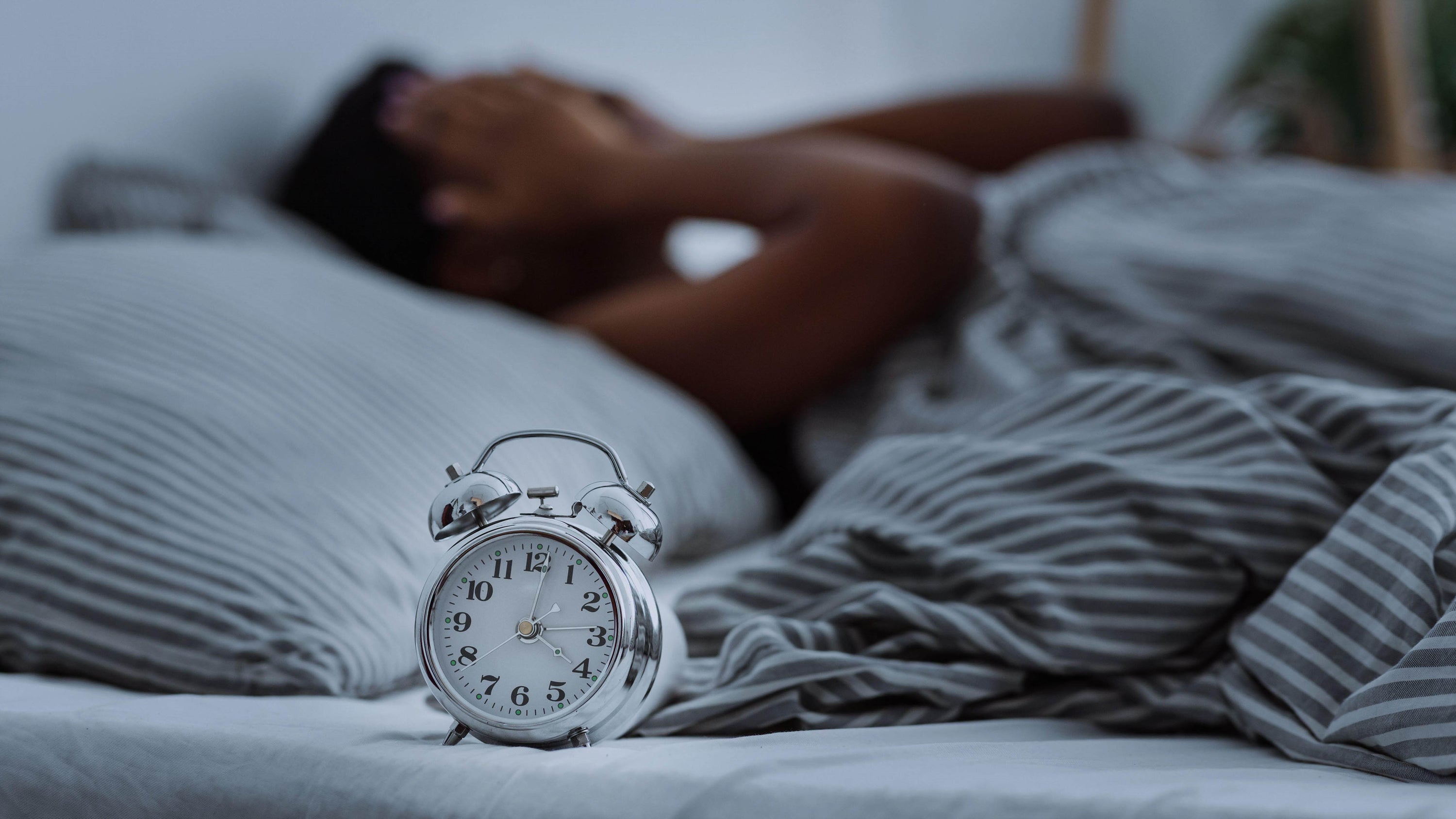Warning of undiagnosed condition that making you ill as you sleep
Symptoms mainly happen while you sleep
Your support helps us to tell the story
From reproductive rights to climate change to Big Tech, The Independent is on the ground when the story is developing. Whether it's investigating the financials of Elon Musk's pro-Trump PAC or producing our latest documentary, 'The A Word', which shines a light on the American women fighting for reproductive rights, we know how important it is to parse out the facts from the messaging.
At such a critical moment in US history, we need reporters on the ground. Your donation allows us to keep sending journalists to speak to both sides of the story.
The Independent is trusted by Americans across the entire political spectrum. And unlike many other quality news outlets, we choose not to lock Americans out of our reporting and analysis with paywalls. We believe quality journalism should be available to everyone, paid for by those who can afford it.
Your support makes all the difference.People have been warned of a health concern that arises while we sleep that often goes undiagnosed.
Sleep apnoea is a common condition that causes breathing to be interrupted during sleep. As well as resulting in ongoing tiredness, if left untreated, it can potentially cause various health conditions, including heart diseases, diabetes and depression.
Sleep apnoea is a sleep disorder that causes repeated breathing interruptions during sleep. According to Asthma + Lung UK, obstructive sleep apnoea (OSA) is the most common type of the disorder, impacting approximately one in 20 people.

Emma Rubach, head of health advice at Asthma + Lung UK, explains: “Usually when you’re sleeping, air can travel freely to and from the lungs via your airways, but with sleep apnoea, the airway collapses – resulting in loud snoring, stopping or struggling to breathe, a feeling of choking or gasping, sudden body movements, waking up during the night, and snoring.”
The condition can also cause people to experience headaches, irritability and tiredness during the day.
Who is most at risk of sleep apnoea?
Experts say obesity, type 2 diabetes, having a chronic heart condition and age, are “key risk factors” for OSA, and men also tend to be more likely to experience sleep apnoea than women.

Professor Esther Rodriguez Villegas, founder of Acurable, which creates wearable medical devices designed to detect sleep apnoea, says: “The additional weight on the neck, seen in obesity, the tissue structure and changes that occur through ageing, can impact the ability of the throat to remain open at night.
“Men have traditionally been thought of as being two to three times more likely to be diagnosed with sleep apnoea, although there is now strong evidence that in women, the condition is often misdiagnosed or missed entirely.”
Symptoms of sleep apnoea
According to The NHS
Symptoms of sleep apnoea mainly happen while you sleep.
They include:
- breathing stopping and starting
- making gasping, snorting or choking noises
- waking up a lot
- loud snoring
During the day, you may also:
- feel very tired
- find it hard to concentrate
- have mood swings
- have a headache when you wake up
Drinking alcohol, smoking and drug use can increase the likelihood of developing sleep apnoea too. Villegas adds: “Smoking, alcohol and drug use make sleep apnoea more likely, as they can cause the throat to relax, and there are some conditions, such as Down’s Syndrome, which make sleep apnoea more likely.”
Can sleep apnoea be life-threatening?
If left untreated, sleep apnoea can potentially lead to serious conditions such as diabetes and cardiovascular issues, including high blood pressure and stroke. This is due to sudden drops in blood oxygen during sleep, which increases blood pressure and strains the cardiovascular system, Dr Hana Patel, a sleep expert at Time4Sleep, says. “The condition can also cause heart arrhythmias, a problem with the regularity of a person’s heartbeat, which can lead to sudden death in those with pre-existing heart problems,” Patel explains.
The associated tiredness can also cause secondary problems. Villegas says: “It is well documented that untreated sleep apnoea drastically increases the incidence of road collisions, and the lack of regular healthy sleep can also cause depression or anxiety. Overall, having the condition untreated has been linked to both a significant effect on quality of life and a reduced life span.”
How can you treat sleep apnoea?
The condition is commonly treated with a continuous positive airway pressure (CPAP) machine – a mask “worn overnight that pushes pressured air into your windpipe to keep it open while sleeping”, says Villegas. “There are also a variety of mandibular advancement devices (MADs), which can help hold the jaw and tongue in a position that stops the airway from becoming blocked.”
In certain cases, Villegas suggests surgery on the nose, throat and mouth may help correct airway blockages. In children, a common surgery such as tonsillectomy may remedy the problem.
“In the majority of cases, some form of medical intervention will probably be required to resolve sleep apnoea. However, mouth and throat exercises, also known as myofunctional therapy or oropharyngeal exercises, have been shown to improve obstructive sleep apnoea and snoring in children,” Villegas says.
Lifestyle changes, such as losing weight if necessary, decreasing alcohol consumption and quitting smoking, can aid in managing or eliminating sleep apnoea symptoms too.
This week mark’s Sleep Awareness Week (March 10-16 this year).

Join our commenting forum
Join thought-provoking conversations, follow other Independent readers and see their replies
Comments